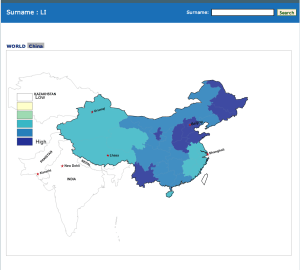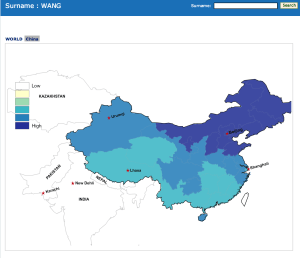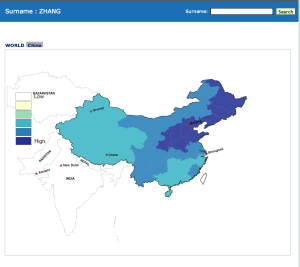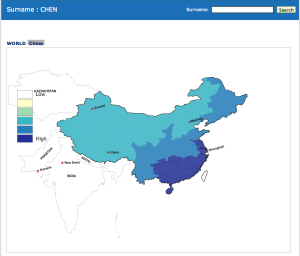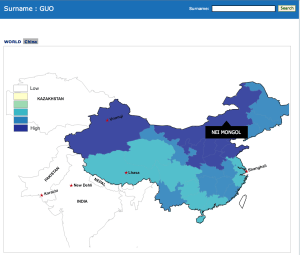Starbucks Links Coffee Makers to Web Fueling $27B Market
October 22, 2013 Leave a comment
Starbucks Links Coffee Makers to Web Fueling $27B Market
Starbucks Corp. (SBUX), famous for giving away Wi-Fi that links customers to the Internet, now wants to apply Web technology to its own operations by networking coffee makers, refrigerators and other appliances. Over the next year, Starbucks said it plans to double the number of its Clover coffee-brewing machines, which connect to the cloud and track customer preferences, allow recipes to be digitally updated and help staffers remotely monitor a coffee maker’s performance. Also in the works: connected fridges that indicate when a carton of milk has spoiled. “We are investing in different technologies to make it easier for our baristas,” Marianne Marck, a senior vice president for the Seattle-based company, said in an interview. Read more of this post



